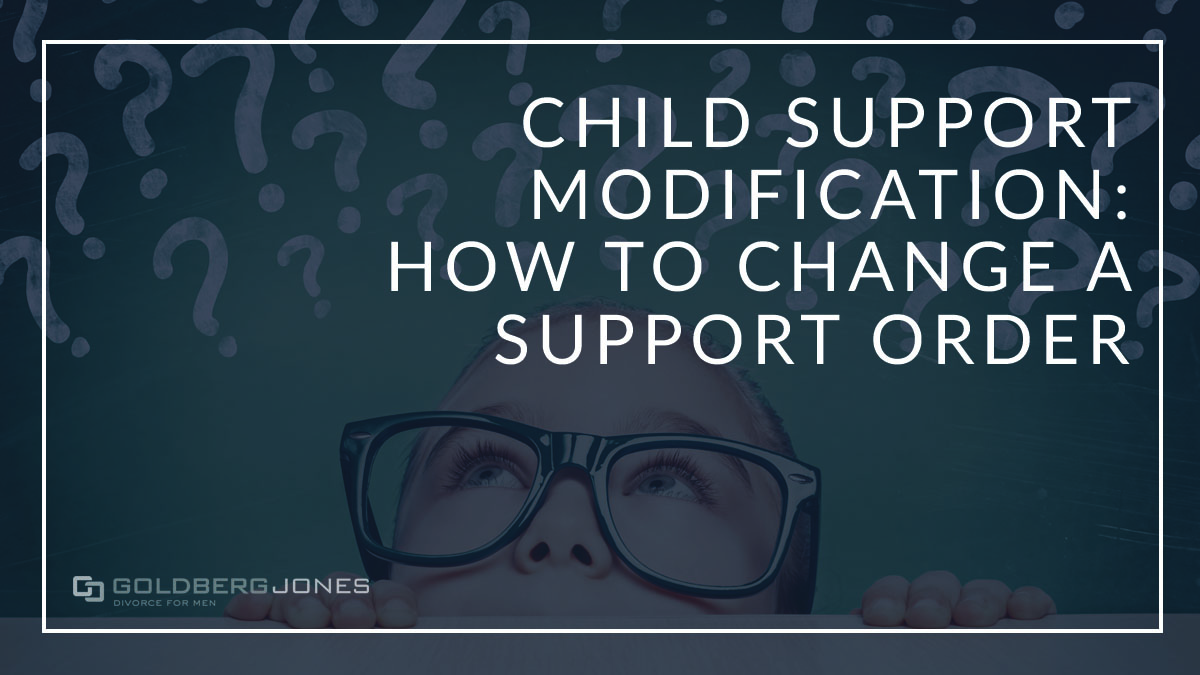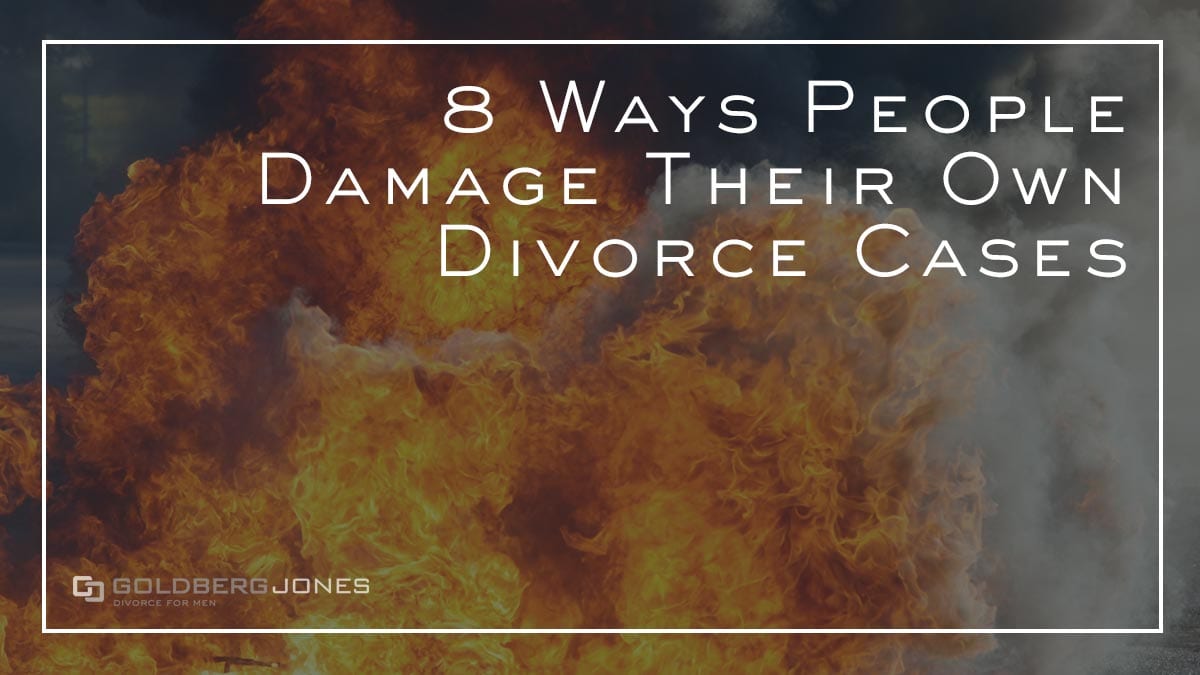Is Inheritance Considered Separate Property in Divorce?
The division of property is a major part of the process in most divorces. Splitting up assets has a huge influence on your financial state moving forward, so it makes sense to spend time and energy here. When preparing to dissolve a marriage, people often wonder how divorce impacts inheritance.
Is Inheritance Divided As Community Property?
Washington is a community property state. This means the courts view all assets acquired during the span of marriage as belonging equally to both spouses.
When it comes to divorce, this is then divided, not evenly down the middle, but in a way that allows both parties to emerge on relatively even footing and able to enjoy a lifestyle similar to the one they experienced during the marriage.
This happens to all property acquired during the marriage unless it can be categorized as separate property.
Some items do remain the sole possession of the spouse who acquired them. In most cases, inheritance falls into this category.
Washington State law defines separate property as:
“Property and pecuniary rights owned by a spouse before marriage and that acquired by him or her afterward by gift, bequest, devise, descent, or inheritance.”
The statute goes on to add that separate property, “shall not be subject to the debts or contracts of his or her spouse.”
This means that in most cases, inheritance remains with the inheritor.
When it comes to divorce, they aren’t subject to distribution since the courts generally view them as separate, non-community property.
So, odds are that, if you get an inheritance, you’ll maintain possession of it.
The same usually goes for any assets you acquire using the inheritance. For example, if you use your inheritance to buy a boat, that’s typically classified as separate property. Or if you inherit a house and rent it out, the state considers any profits separate property.
We use terms like “typically” and “in most cases” because that’s usually how things go.
But as with many elements of divorce, things aren’t always black and white. Just because that’s how situations often play out doesn’t mean that’s how they always go.
Related Reading: How Long Does Divorce Take in Washington?
Commingling Funds And Inheritance
Inheritance starts out as separate property, but it doesn’t always stay that way.
It’s possible for separate property such as inheritance to commingle and become community property.
When this happens, it becomes eligible to be divided in divorce under Washington’s community property laws.
This happens in several ways. For example:
- If you inherit a large sum of money and deposit it into a joint account.
- You use inherited money to pay community bills, like a mortgage or car payment.
- Inherited assets like houses, cars, or real estate also often lose their separate property status.
- If you inherit a home and subsequently add your spouse’s name to the deed, that changes its status.
In a divorce, you must declare all assets, separate or joint. In cases like these, the court may take a look and decide whether an item has lost its separate character. If this happens, it becomes community property and thus divisible.
Even if you take great pains to keep assets from commingling, the court may still divide them in divorce.
A judge may award separate property of one spouse to another in a divorce settlement if it’s necessary to create a fair and balanced settlement.
It was once necessary to prove exceptional circumstances, though that’s no longer the case. And though not common, it does happen.
Because of this, it’s important to make sure you keep separate property like inheritance, distinct from marital assets.
Take steps to keep definite, clear-cut borders between the two. If you recently received an inheritance, or stand to receive significant assets, it may be worth your while to consult an attorney. An experienced lawyer should be able to help you protect your assets.
Related Reading: Sweat Equity and Divorce Settlements
Related Concerns
Increases in the value of inherited property often get overlooked in these cases. If you receive a sum of money and invest it, or if someone bequeaths you a home and the property value grows, you must account for this.
Though these items may be considered separate property, since these gains happened during the marriage, the court often views them as joint assets.
There are ways to avoid this. Putting the money directly into a trust is one common strategy.
This, however, does not guarantee protection. In reality, it’s likely in your best interest to consult a financial professional or an attorney with experience in these matters.
If you don’t shield your inheritance properly, you may stand to lose a substantial amount in divorce.
Related Reading: How Does Washington Handle Debt In Divorce
Join Over
400,000
Entrepreneurs getting our weekly newsletter


